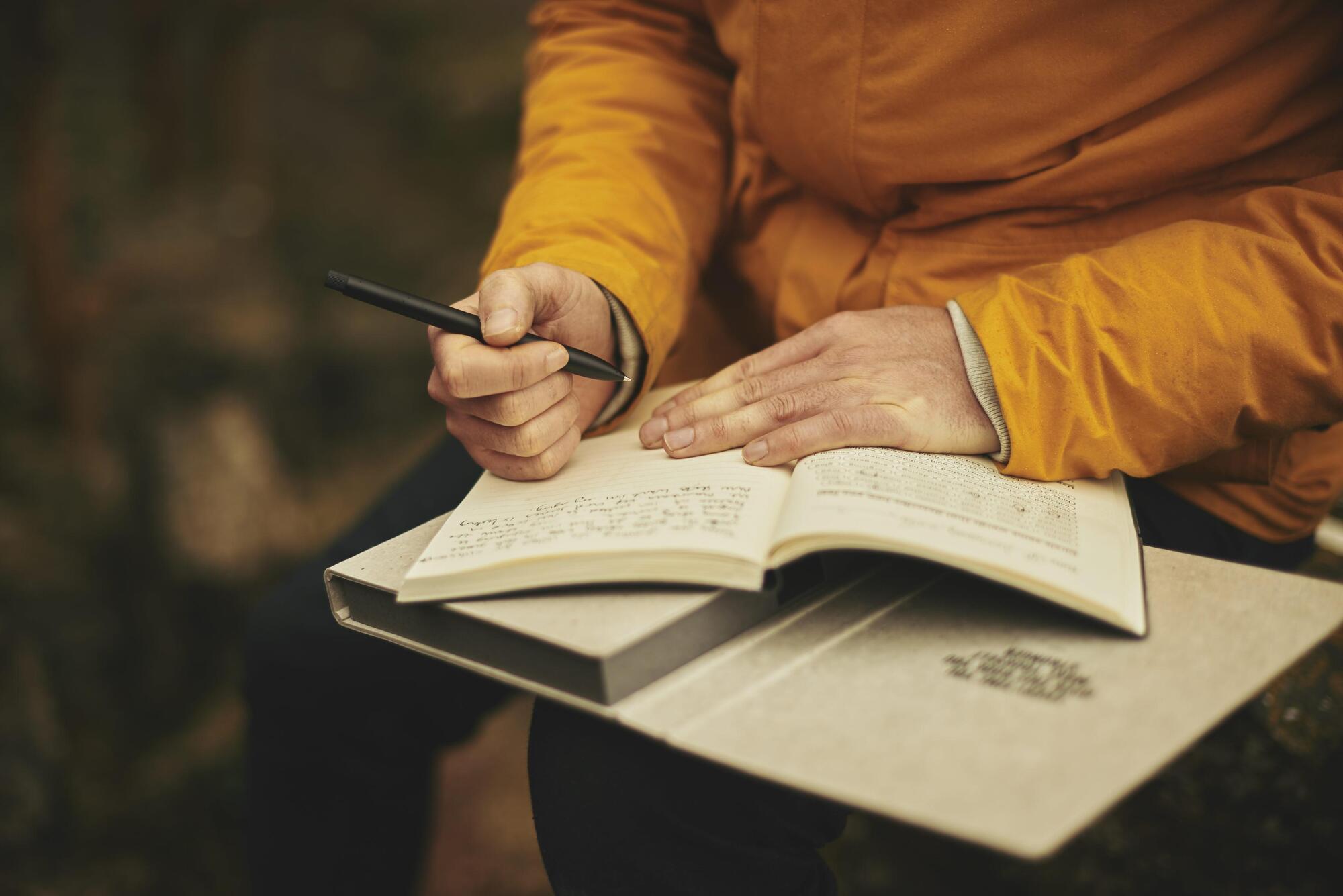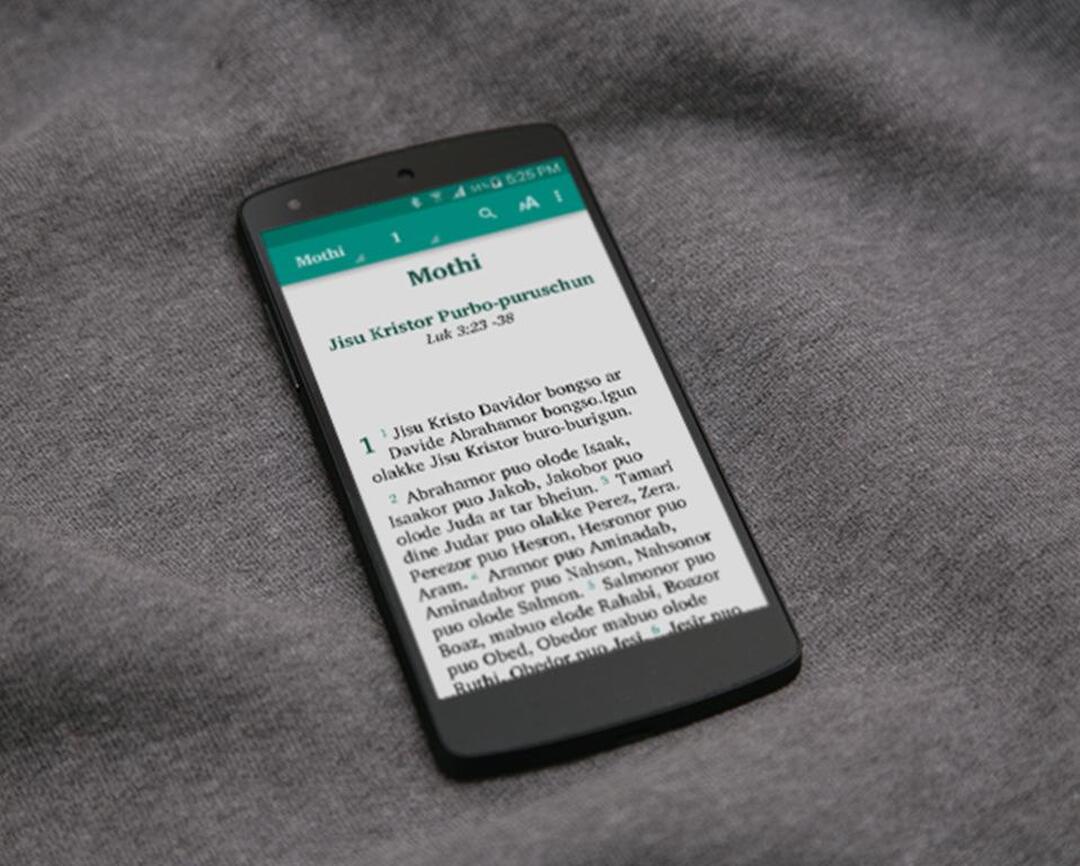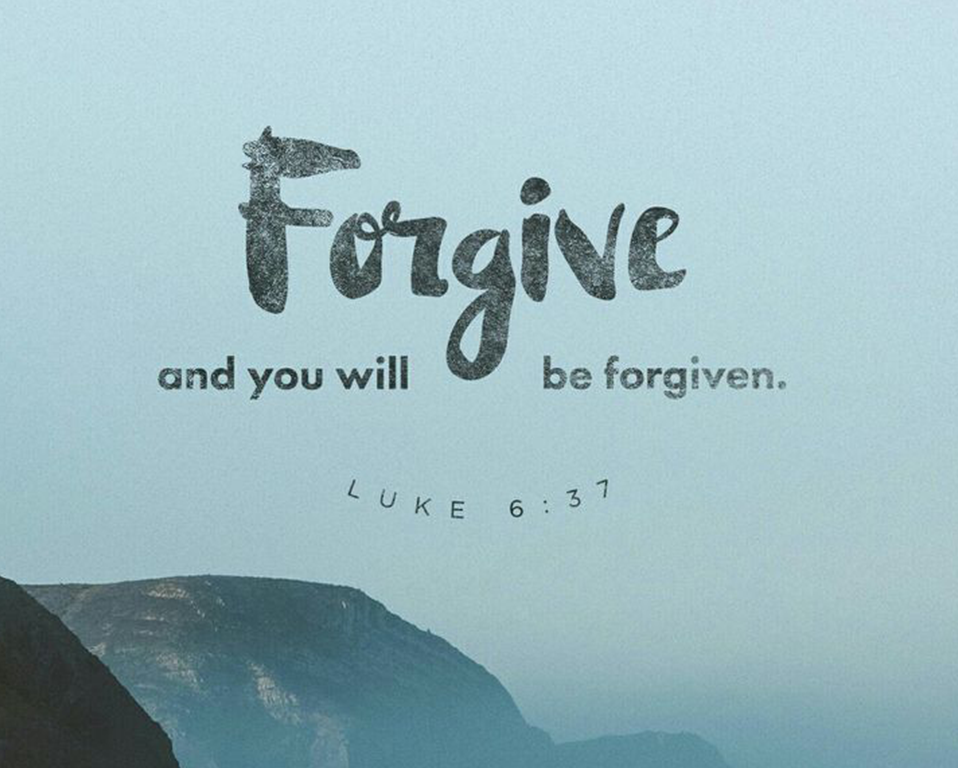
Welcome to changma.org, the official website of the Global Chakma Christian Fellowship (GCCF), a socio-religious organisation established in the year 2015. GCCF is a voluntary Christian organisation founded by a group of like-minded people under the leadership of Mr. Sanjeev Chakma as the founding president, Rev. Kiran Jyoti Chakma as the general secretary and Mr. Krishna Chandra Chakma as the treasurer. GCCF aims to share the love of Christ and exchange ideas among all the Chakmas residing all over the globe irrespective of any denomination or any group being associated with any Church. GCCF is a platform to share knowledge, ideas, skills etc. of different individuals in order to be able to uplift the community; guided by the principles that are being laid down in the Holy Bible.



